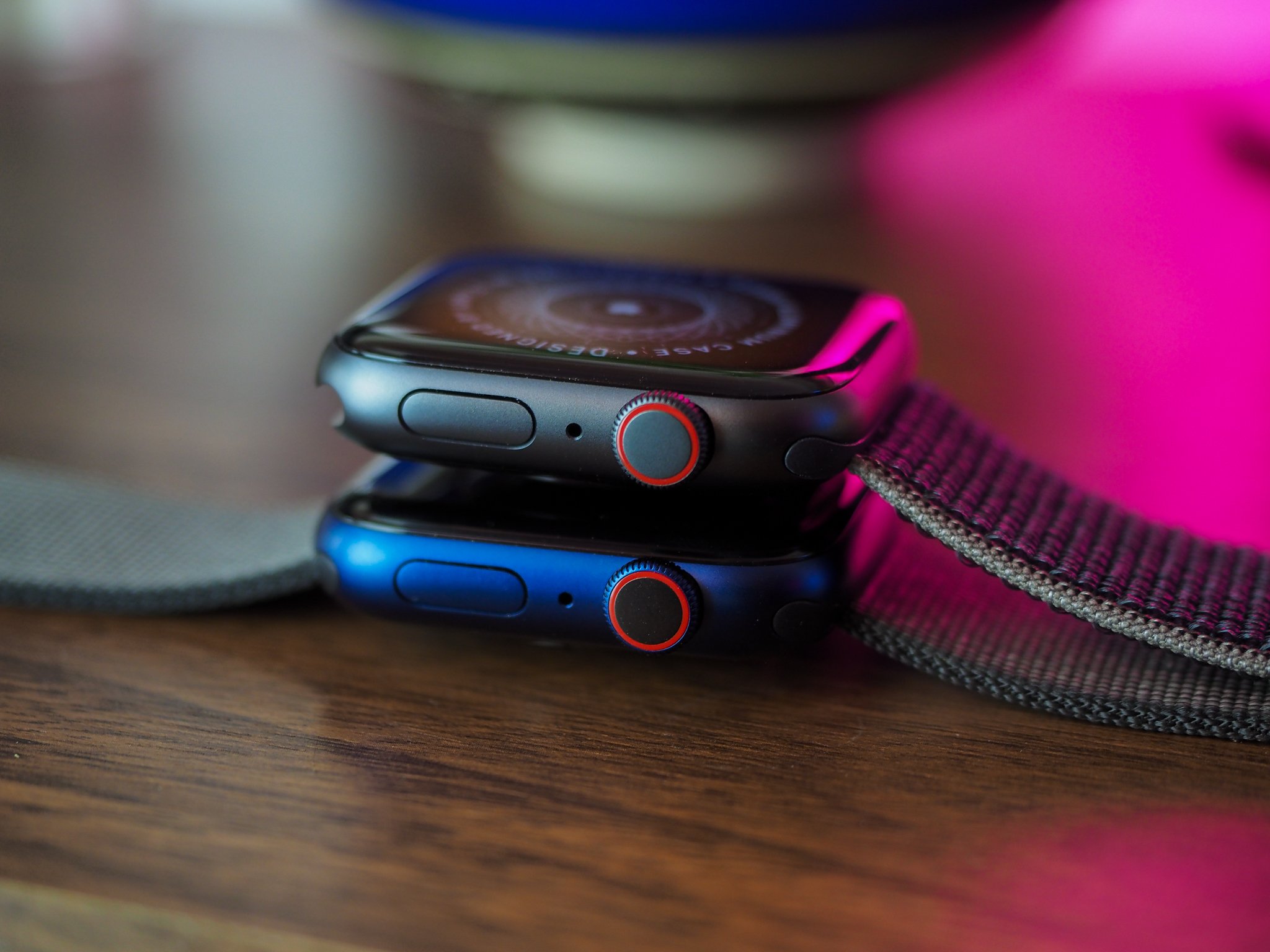"Many physicians regard women's menstrual cycles as an important window into their overall health, but the topic is notably under-researched."
What you need to know
- The preliminary results of the Apple Women's Health Study have been published by Harvard.
- Apple says it is significant in scope and scale in terms of insight into women's menstrual health.
Harvard has published the initial results of the Apple Women's Health Study, which involves data collected from devices like the Apple Watch.
From Apple:
The Apple Women's Health Study team at Harvard T.H. Chan School of Public Health today released a preliminary study update, offering pioneering scientific insights on women and their menstrual symptoms, made possible through the innovative research methodology of the Research app. The update, based on a cohort of 10,000 participants and inclusive of varying ages and races across the US, highlights how large-scale, longitudinal research on menstruation can help advance the science around women's health and destigmatize menstruation.
The report notes how the topic is "notably under-researched", and that without substantial scientific data "women's menstrual symptoms have historically lent themselves to dismissal, or have even been minimized as overreaction or oversensitivity."
The study, which involves women across the US, is made up of various data points including cycle tracking. Apple says that many of the participants recorded similar symptoms:
The most frequently tracked symptoms were abdominal cramps, bloating, and tiredness, all of which were experienced by more than 60 percent of participants who logged symptoms. More than half of the participants who logged symptoms reported acne and headaches. Some less widely recognized symptoms, like diarrhea and sleep changes, were tracked by 37 percent of participants logging symptoms. Initial analysis also suggests these symptom trends hold true across a wide range of demographics, including age, race, and geographic location. For example, across Black, Hispanic, and white participants, the most commonly reported symptoms were abdominal cramps, bloating, and tiredness.
Dean of the Faculty at Harvard Chan School, Dr. Michellle Williams, said the study would "help to achieve a more gender-equal future" that would help all people with menstrual cycles access health services and products "needed to feel safe and empowered."








0 comments:
Post a Comment